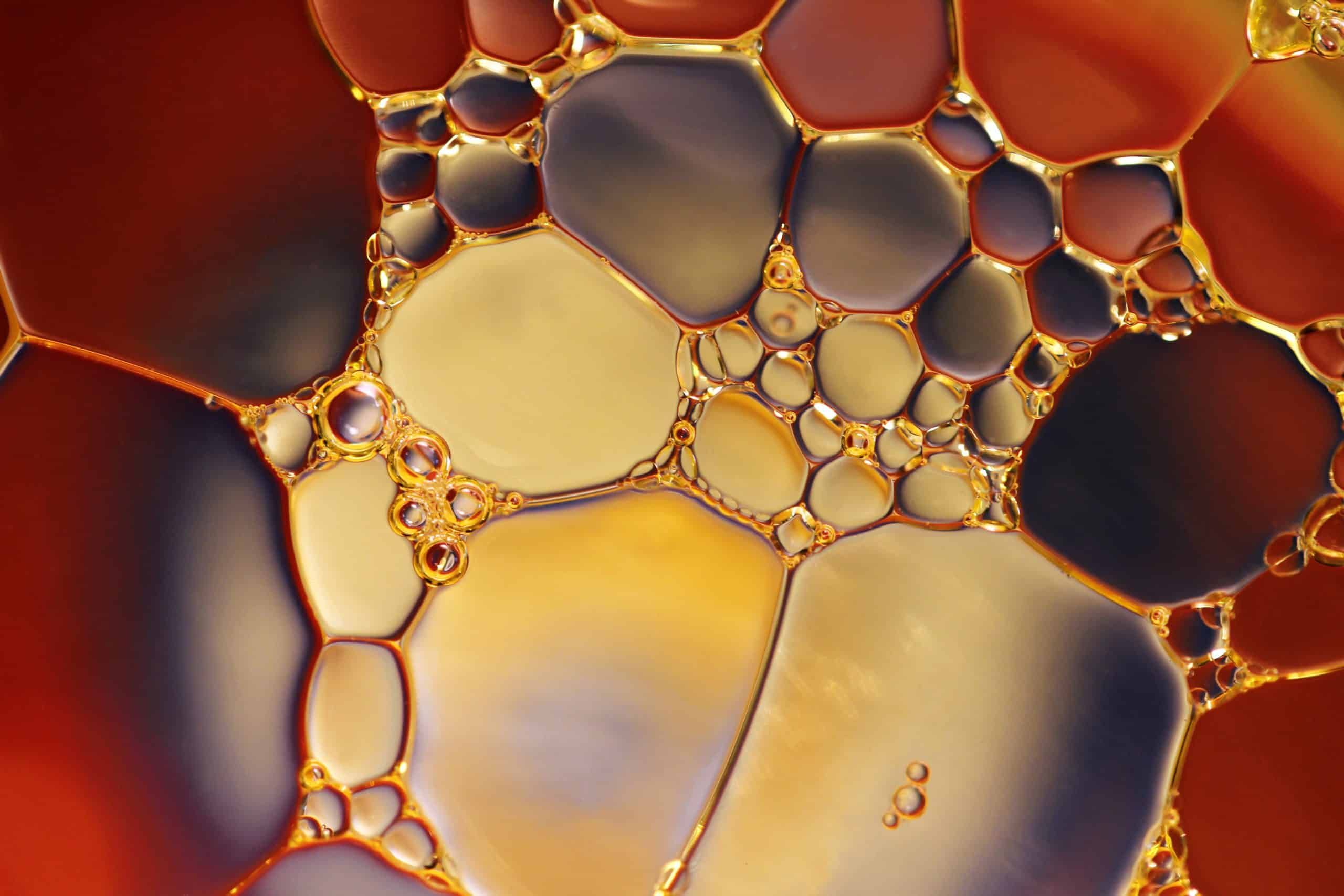Full Spectrum CBD Oil and Entourage Cannabinoids in Depth
- Benefits (36)
- Bone Health (1)
- Depression (1)
- Economy (5)
- ECS (4)
- Foods (26)
- General (72)
- Gut Health (6)
- Immunity (6)
- Legal (4)
- Mental Health (20)
- Pain (21)
- Pets (13)
- Production (8)
- Research (22)
- Skin (16)
- Skin Conditions (5)
Full Spectrum CBD Oil and Entourage Cannabinoids in Depth

Full spectrum cannabidiol (CBD), commonly purchased as full spectrum CBD oil, is a pure extract from the cannabis plant that should have the full range of the plant’s chemical compounds in it. These compounds are known as cannabinoids.
The two main cannabinoids most literature focuses on are CBD and tetrahydrocannabidiol (THC), but there are four more that should not get overlooked. Growing research shows greater efficacy in treating a wider variety of conditions with full spectrum CBD oil when compared to CBD isolate oils. As the name suggests, CBD isolate oils only contain pure CBD and not the other cannabinoids. Still with us? Good!
This greater efficacy appears due to a synergistic effect when all of these cannabinoids work together in the body, often known as the ‘entourage effect’. This is something we’ve written about in depth before here, so we won’t go into great detail just now.
Instead, we’re going to take a deep dive into the research and benefits of the four lesser-known cannabinoids in the entourage effect. So, without further ado, get ready to meet the awesome foursome!
Cannabinol
Cannabinol, or CBN for short, is created when THC ages. This means older cannabis plants produce more CBN. It’s not psychoactive (unless taken intravenously), so even if consumed in large quantities it shows almost no effect on cognitive functions. However, it does have some amazing benefits!
A 2009 study has shown CBN can be used to manage glaucoma, a degenerative eye disease which is the most common cause of blindness in people over 60. Plus, studies in 2005, 2008, 2016 and 2019 found that CBN could relieve pain, stimulate appetite, act as a neuroprotective (helping with things like neurodegenerative diseases), has antibacterial properties, and also reduce inflammation!
Cannabigerol
Cannabigerol, aka CBG, is called a ‘stem cell’ as it’s the primary cannabinoid from which all others develop. Like CBN, it has been shown to help with appetite and glaucoma. However, several studies have shown CBG also shows promising results in treating bowl diseases, bladder dysfunctions, Huntington’s disease, and even cancer. Why is this a lesser-known cannabinoid?!
Tetrahydrocannabivarin
Tetrahydrocannabivarin (try saying that five times fast), or simply THCV, is what’s known as a homologue of THC. This means it’s similar in its chemical structure, but not quite the same. Like CBN, it is only psychoactive in high doses.
Two major studies in 2016 and 2020, one of which involved double-blind, placebo-controlled, parallel group testing, showed that it was effective in managing glucose and insulin levels and is “a priority candidate for the development of clinically useful therapies” to treat diabetes. Wow!
Cannabichromene
Cannabichromene, or CBC, is one of the most abundant non-psychoactive cannabinoids. There is growing research which show that CBC has anti-cancer properties, effectively preventing tumour growth. Specifically, it can help with some of the nastiest kinds of cancer, including breast, prostate and bone. For anyone who has gone through cancer, or has friends or family who have, this is wonderful cause for great hope.
Final Thoughts
Is there anything the hemp and cannabis plants can’t do? What’s more, there are at least 113 different cannabinoids that have been found so far, with the researched therapeutic potential of each only beginning.
When it comes to self-care, more and more people are turning to natural, organic options for themselves and even their pets. Readily available online, and with a huge range of documented therapeutic properties, it’s no wonder CBD has taken the world by storm.
There is something to clarify, though. As we’ve shown, full spectrum CBD oil has some additional benefits over isolate CBD oils because of the cannabinoids involved. However, many isolate CBD oils still have well researched benefits, and there are times when you might be better off with isolate CBD oil instead, which we’ve written about here.
As always, whichever option you go with, it’s always important to talk to your health professional before starting any new treatments.
And finally, we’d love to hear from you! Share your experience with full spectrum CBD oil in the comments, and feel free to email us to ask any questions you might have. We’re here to help.